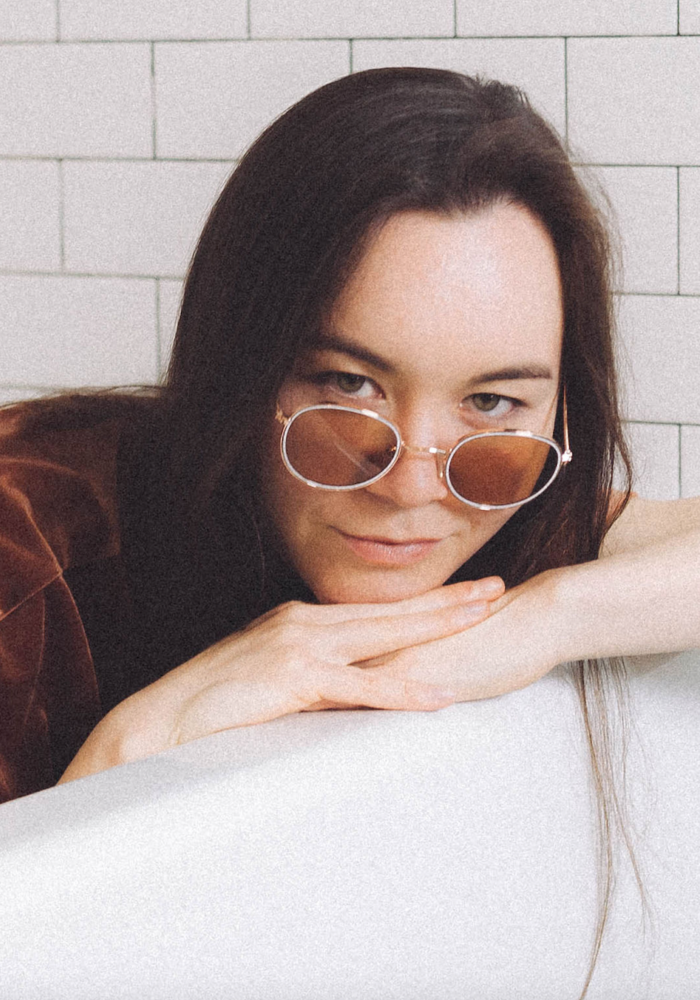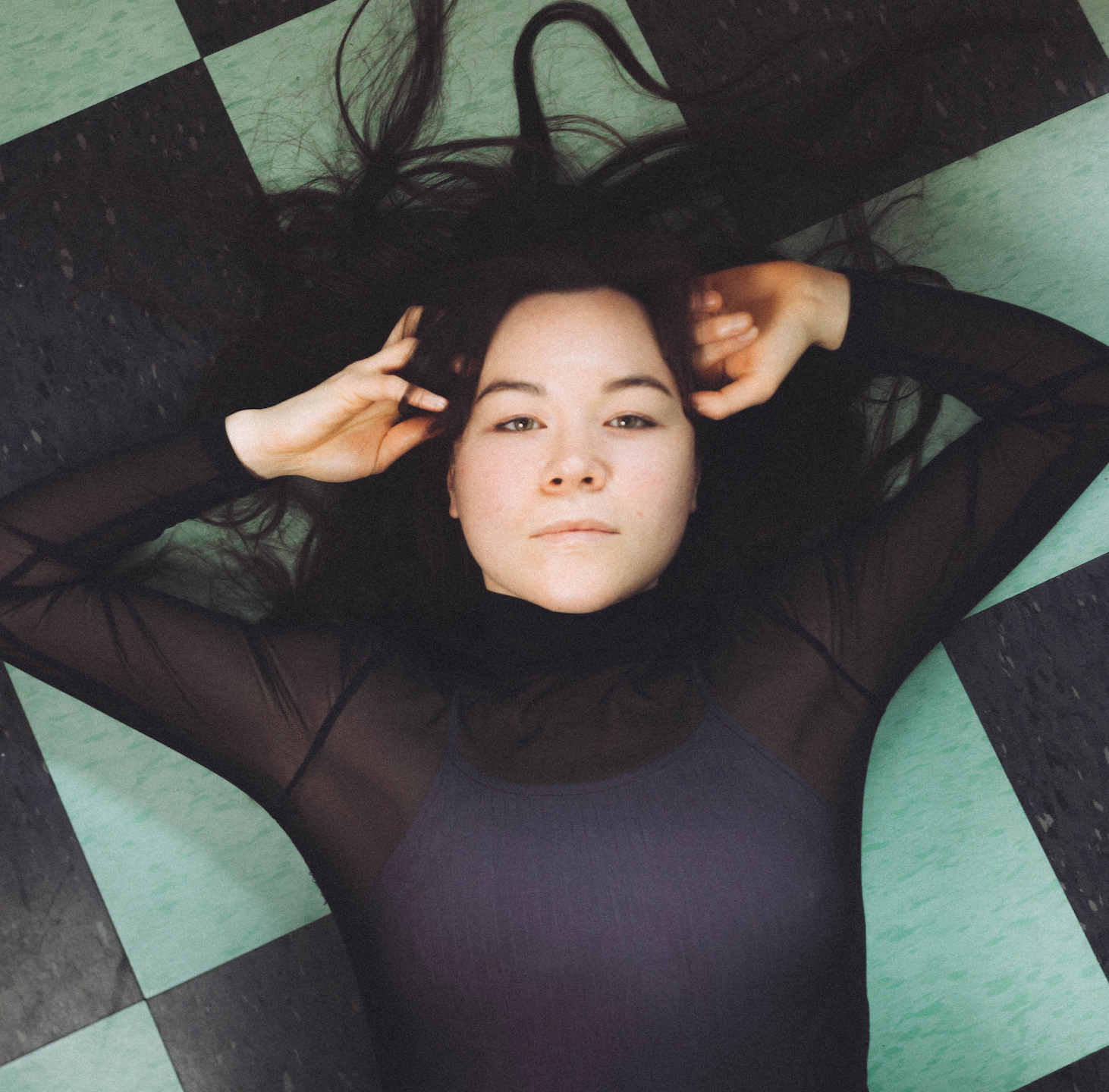Maria Maita-Keppeler, singer and creative engine of Portland, Oregon-based indie rock outfit Maita, may have achieved something of a first among artists in the age of Covid. While many have seen their output scuppered over the past two years, with release schedules scrapped, revised, and in some cases scrapped again on account of the uncertainty cast across the industry, Maita have just released their second album since the pandemic struck.
Released last month, I Just Want To Be Wild For You is the follow-up to the band’s 2020 debut Best Wishes. Building on its predecessor’s homespun blend of alt rock and power pop, their latest outing takes each of the threads that made it such a compelling listen and tugs them taut. Boasting slightly more polished production, I Just Want To Be Wild For You’s quieter, melancholy moments, such as opener Loneliness, feel more intimate, even brittle at times, while guitar-heavy, overdriven stompers like You Sure Can Kill A Sunday, Part I and Honey, Have I Lost It All? are possessed of a power and confidence that feels ready to conquer arenas.
For a record to exude such youthful exuberance with a storytelling prowess far beyond that of a band who less than two years ago hadn’t even released a record, is little short of remarkable.
“We always envisioned we would put these two albums out quite close together,” Maita-Keppeler tells Headliner via Zoom from her home in Portland, her manner cool and calm whilst simultaneously warm and affable in conversation. “I imagined they’d be even closer together, but because of the pandemic we ended up separating things a bit. I’m constantly writing songs, so I just kept on writing after we finished the last album. We actually recorded some basic demos for this album even before Best Wishes was out because we wanted it to be a one-two punch. We felt that as we had the songs we should record them as quickly as possible, because we wanted them to stay fresh and we wanted to stay inspired by them.”
Though the songwriting process for I Just Want To Be Wild For You flowed seamlessly on from Best Wishes, the recording process differed significantly. Not only was the band better prepared for what they wanted to achieve sonically, the recording location also left its fingerprints on the sound of the record.
“We recorded the last record at this 100-year-old theatre in a tiny town called Enterprise in Oregon, and this record we did in a basement studio in a church in Portland. With this record we knew better what we were getting into. We knew as a band we’d sound more ‘rock’ and have louder moments in addition to the quieter, more sensitive moments. With the last record we didn’t really know what we were going to sound like until we got into the studio. So, having a better understanding of our sonicscape made this feel like an easier, smoother recording process because there were no surprises.


